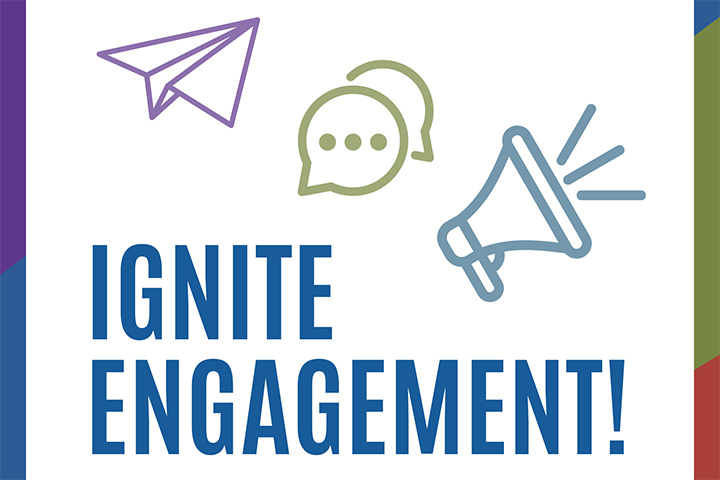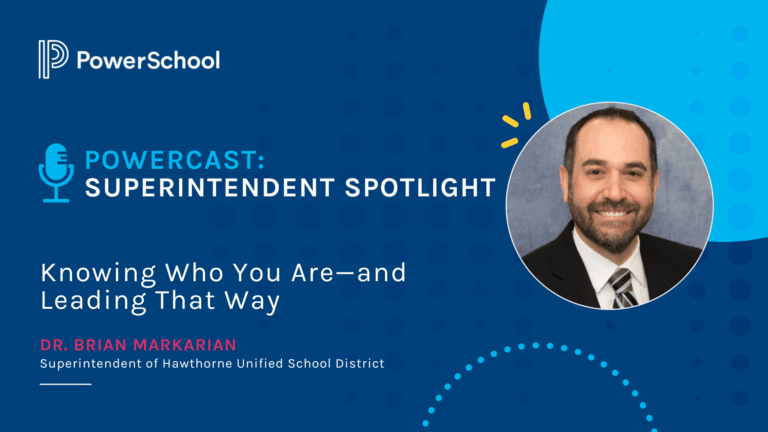In 2018, ACSA sat down to speak with Thomas C. Murray, who is passionate about digital learning, advocacy, equity and improving educational systems across the nation.
Murray spent 15 years in public schools as a former teacher and former principal. He is now the Director of Innovation for Future Ready Schools, a project of the Alliance for Excellent Education, where he says:
Equity is [central] to what we do. Why? Because it can not be a zip code that dictates the quality of education that a child receives. Every child deserves a high quality education. [Education is] what will break the chains of poverty.
Looking back on his upbringing in suburban New York, Murray says, “I recognize my own privilege. As a white male with two parents at home with a middle class income, who would go on vacation occasionally, didn’t worry about the clothes I was wearing – the privilege I had growing up I don’t think I really realized… Not every kid has [access to] every opportunity that I had, and that is personally part of the reason I have the drive that I do, because I recognize… millions of kids do not have that [access].”
How can we serve our traditionally underserved students?
Murray discussed the far-reaching implications of equitable educational initiatives, one of these being the importance of equity and technology. For example, traditionally underperforming districts with less funding are more likely to employ “passive use” of technology, while suburban schools are more likely to use high quality instructional practices to explore “active use” skills such as design, coding, and web development.
Murray says we must “focus on high quality teaching and learning, and then we can use technology as an amplifier.” He encourages districts that are struggling for funds to seek out ways to partner with members in the community, grant writers, and organizations like EveryoneOn.org.
Equity in opportunity
“When we look nationwide [we see that] traditionally, our black and hispanic students have far less opportunities in the rigorous coursework they can take, in the types of schools that they learn in, in the quality of the buildings that they’re in. All research indicates that – we absolutely have to change that system,” says Murray.
Equity in access
“Research shows [that] about 5 million of our nation’s families do not have [internet] connectivity at home… when we have 70% of our nation’s teachers asking kids to do something digital outside of the school day… that puts those kids – our neediest kids – in a tremendous bind.” These students are also more likely to be black or hispanic.
Murray describes some of the most innovative solutions to this issue that go beyond handing out devices to students without a sustainable long-term plan, which will not bridge the “digital use divide.” Superintendents like Russell Booker of South Carolina partner with local businesses to give kids a safe place to connect to the internet and complete assignments.
Engagement in schools
“The longer we have them, the less engaged they become” was the conclusion of many researchers who found that as students progress through the education system, they report less fun and engagement in school. Murray says that the best approach is a personal one. “The question becomes, how do we make learning that is personal and authentic?”
What are great leaders?
In the eyes of Tom Murray, “they are those who do whatever it takes to help their kids succeed.” Great leaders are also “those who do, not just those who talk.”
“I’ve met some of the greatest superintendents in the world that are up against some of the largest challenges,” he said. “They’ve got 100% free or reduced lunch in their districts, their budgets have been slashed, yet they’re doing amazing things for kids. Why? Because of their leadership. Because of the culture of innovation that they’re creating.”
Find out more about Murray on his website, and watch ACSA’s Speaker Series video below.




























